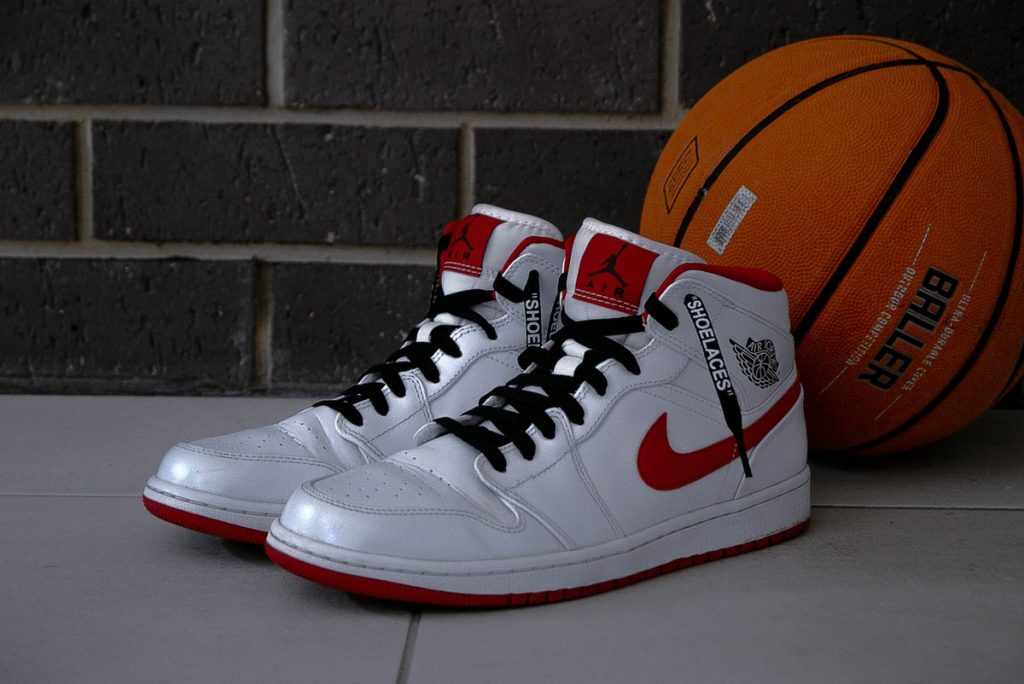In one of the most poignant moments of Netflix’s hit basketball documentary “The Last Dance,” Michael Jordan tears up after reflecting on the criticisms he received regarding his leadership style. Many questioned whether Jordan went too far when pushing his teammates, with some even labeling him as tyrannical.
Eyes on the prize
Jordan openly shared his mindset on how winning comes at a price, which his leadership philosophy revolved around. He pulled people when they didn’t want to be pulled and challenged people when they didn’t want to be challenged. This was the standard set once anyone joined the team and played the game. Jordan was not going to take anything less but the best and believed he earned the right to ensure everyone follows the same level of effort. He even added that the teammates who came after him didn’t endure all the things he had to endure in the past.
It was a consensus among his peers that Jordan wasn’t a nice guy. You cannot expect the same level of warmth you usually get from a friendly technician who installs air conditioning units in Salt Lake City homes. His drive for winning games with a world-class team takes precedence and has become part of his personality. It was how he played, and few people can dissuade him from the goal.
Providing a rare glimpse of vulnerability for the man many consider as the greatest of all time (GOAT), Jordan immediately called for a break in the documentary after this short reflection.
The full spectrum

The end of the seventh episode of the series highlights what makes “The Last Dance” special among other documentaries previously released regarding Jordan and the 1990s Chicago Bulls. Previous productions focused on the positive effects of Jordan’s dedication and competitive spirit. Only The Last Dance zeroed in on narratives on the other end of the spectrum.
Indeed, many of Jordan’s teammates shared how it was difficult to be with Jordan. Former Chicago Bulls point guard, Steve Kerr, shared how he and Jordan got into a physical altercation during practice as a result of Jordan’s intense taunting. Others, such as center Bill Wennington, shared that many were scared to be with Jordan when the team had bad games.
Everyone, however, agreed that their experience playing with Jordan turned them into better players. Many also conceded that, outside the court, Jordan was an enjoyable person to be with. Jordan himself said pushing his teammates wasn’t something he necessarily enjoyed. For him, pushing his teammates to the limit was a necessary evil on the path to victory. Jordan admitted it was a direct result of his competitive nature, a part of his personality that was built up from an early age and would drive him to the top of the sporting world.
A cautionary tale
At the end of his run with the Bulls and at various times during his career, Jordan’s competitive spirit would catch up to him. By the end of the Bulls 1997-1998 season, Jordan retired from basketball for the second time, burnt out not from the sport itself but from the pressure and responsibilities that came with the game.
The documentary is an interesting study of the driving factors for success and failure. It is both an illustration of the blueprint for victory and a cautionary tale for those aspiring to reach the heights of fame and fortune Jordan has achieved.



